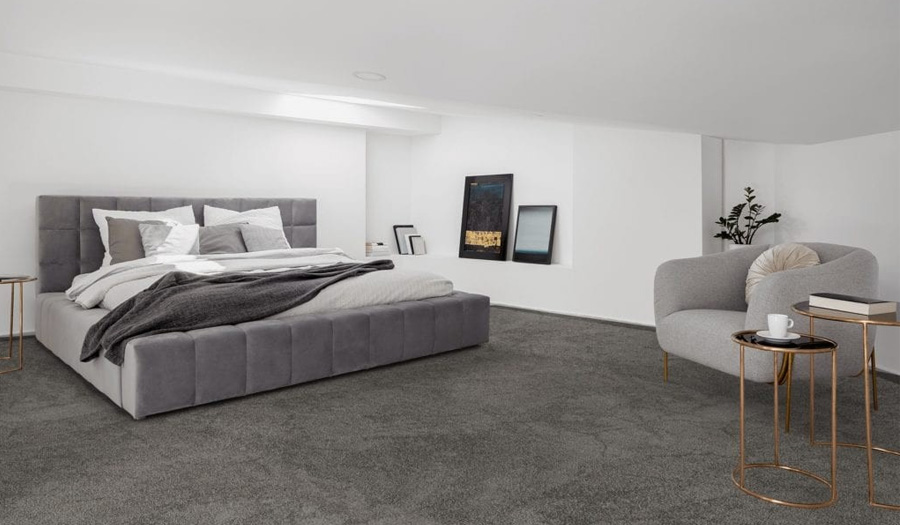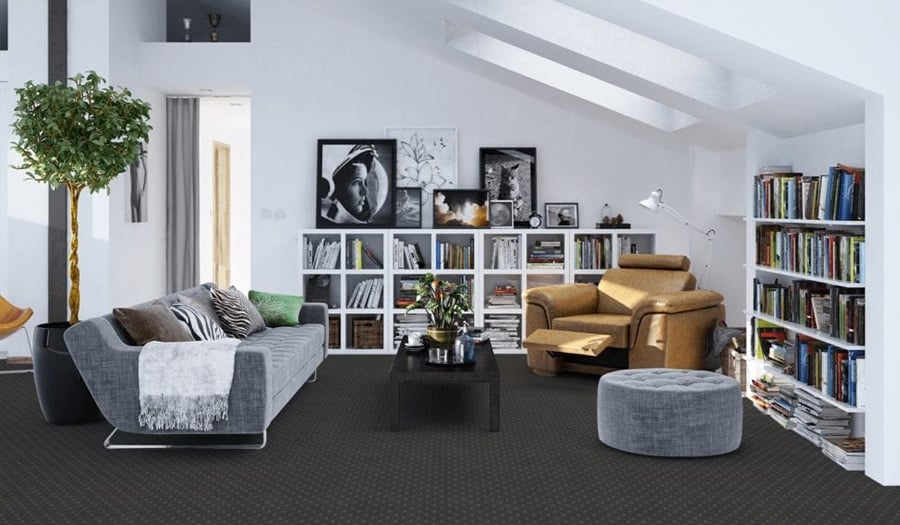
Measuring for Wall-to-Wall Carpets? Some Maths to Help You Get It Right!
Don’t you just hate it when you call for a quote on wall-to-wall carpets and the consultant asks, “How many square metres?”
How are you supposed to know? But what if you can measure it without having to be a maths expert?
Knowing the square metres, whether it is for the hallway or a rectangular shaped room, already puts you in the power seat. Now you can flip through the carpet selections and, based on the price per square metre, get a rough idea of how much it will cost without the underlay and installation before you call for a quote. Before getting to the measuring side of buying carpets, do you know your style? If not, find the style that appeals to your sense of taste with the free online style guide.
Let’s take the mystery out of measuring rooms for wall-to-wall carpets. You will discover how to measure like a professional, helping you to get an idea of what it will cost to give your home a facelift. Prefer professional help? Don’t despair! The guidelines help you get an estimate. A professional team still visits your home to measure the exact space for an accurate quote.
Ready to Learn How to Measure Your Home for Wall-to-Wall Carpets?
Carpet salespeople often add a few extra square metres to the quote to avoid not having enough material to finish the job. Just 50 cm short can spell disaster for you and them. If the measurement is correct, you can compare prices with confidence.

You may be wondering... what about underlay and installation? As pointed out, carpet professionals can help calculate the exact cost if you give them the basic information. Yes, you can expect many benefits when you buy from a trusted supplier that provides a superior product and installation guarantees. Find out more about these guarantees here.
Eager to get started? Follow these four easy steps:
Step 1: Create a Diagram
It is simpler than it sounds. Grab a long tape measure, piece of paper and a pen. You don’t have to be a Leonardo de Vinci – just draw a rough diagram of the room or house if you want to install wall-to-wall carpets in several rooms. You can do it on a computer with the “Paint” function of your word processing software, which should be available under the accessories tab of the operating system.
Simple does it.
Don’t overcomplicate it.
You won’t need the drawing for building council approval because measurements are more important. The idea is to show the locations of the rooms in the house. Show fixtures such as built-in cupboards, stairs and built-in furniture. If a double-storey home, draw one picture for the ground floor and one for the upstairs area. Draw the stairs separate.
Step 2: Jot Down the Measurements
Measure each room by starting from the corner of one wall and work your way through the selected rooms. Then measure each wall and write down the measurement on the diagram for that wall. Round off to the nearest centimetre. You can measure in metres, millimetres or centimetres, as long as you are consistent in how you measure and write it. Rather round off to the nearest 10 or 100 than measure short. If the room is 5,95 metres long, write 6 metres.
If you write the measurements instead of indicating them on the diagram, then mark the length and width. Jot down length x width. Consistency makes it easier to understand the measurements.
“What if I don’t know which is the length and which is the width?”
Don’t worry about that. As long as you start at one corner of the room and work your way from there, following the same direction for each room, it will be easy to get an accurate estimate.
Step 3: Colour Code the Rooms for Wall-to-Wall Carpets
If you don’t have colour pens or pencils to mark rooms to be fitted with wall-to-wall carpets, use patterns or stripes to cross off rooms in the house where you don’t need installation. Only measure the rooms requiring carpeting.
Step 4: Calculate the Square Metres
You have the length and width of each room. Now, to get the square metres for all the rooms, make a list of the length by width = total for each, and then add these together. For example:
Bedroom A: 8 m x 5 m = 45 sqm
Bedroom B: 5 m x 4 m = 20 sqm
Bedroom C: 5 m x 4 m = 20 sqm
Total square metres (length x width in metres) = 85 sqm
Step 5: Don’t Forget About the Joint
Allow 5% extra to provide for corners, joints and extras. Rather have more than not enough. For example:
85 sqm + 4,25 (5%) = 89,25 sqm
Round it off to the next square metre = 90 sqm
Done!
Ask the carpet retailer about the underlay. Keep in mind that you will need the same square metres in underlay as the top carpets. Measuring stairs can be tricky and is best left to the professionals.
Want Help?
The good news is that consultants will come to your house to perform 100% accurate measurements for the perfect installation of wall-to-wall carpets.

